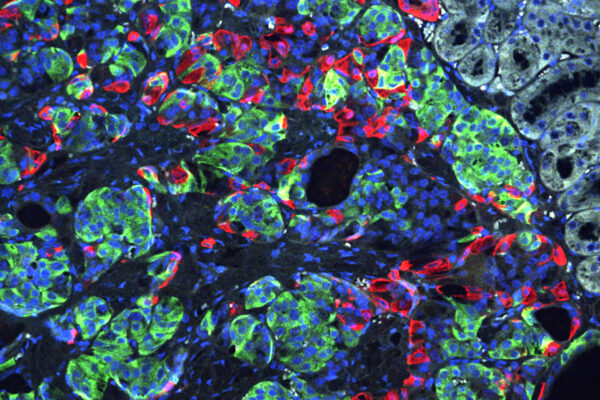When a person is struggling to meet basic needs such as food, housing, childcare or transportation, their health suffers. What’s not yet known is the best way for health care organizations to address these basic needs, and whether those approaches will lead to health improvement.
The Brown School and Washington University School of Medicine in St. Louis have received a $2.9 million grant from the National Institute of Diabetes and Digestive and Kidney Diseases, part of the National Institutes of Health. The collaborative, interdisciplinary study will examine the impact of addressing unmet basic needs among Medicaid beneficiaries with diabetes.
The schools are partnering with Louisiana Healthcare Connections, a Medicaid health plan that provides coverage to more than 465,000 in the state of Louisiana.
The study will provide participants with a “basic needs navigator” to help them access community resources to address a wide range of unmet needs. Investigators will follow participants for one year to assess change in basic needs and management of their diabetes.
“The gaps in health outcomes by income are really big and haven’t improved much with current approaches,” said Matthew Kreuter, the Kahn Family Professor of Public Health at the Brown School and principal investigator of the study.
“We need effective, sustainable solutions that will improve people’s lives and their health. This study takes an important step toward meeting that goal,” said Amy McQueen, associate professor of medicine at the School of Medicine and co-principal investigator on the grant.



